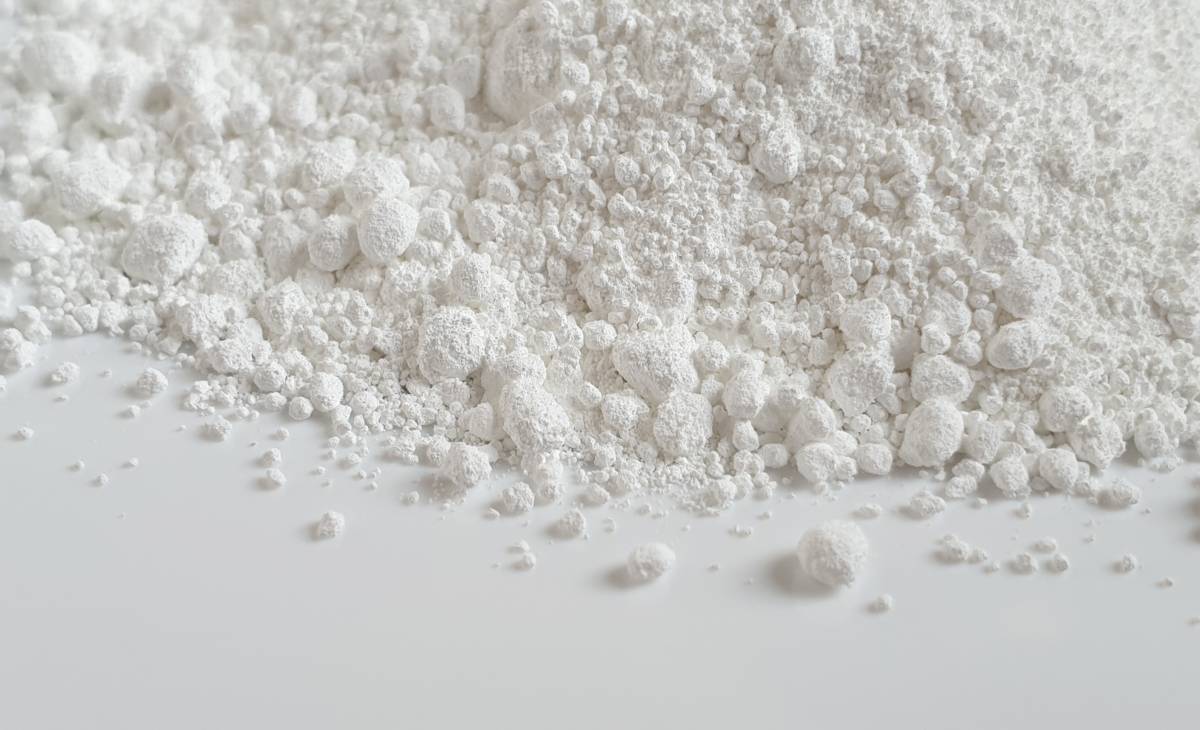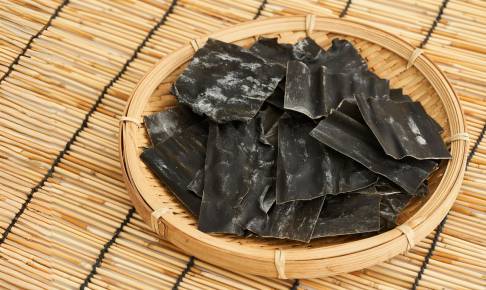Titanium dioxide: E171 is no longer regarded as safe for use as a food additive
Titanium dioxide (E171) is generally used as a food color, mainly present in bakery wares, soups, broths, sauces, savory based sandwich spreads, processed nuts and more. Cosmetics, paints, and drugs can also contain titanium dioxide.
According to Annex II of Regulation (EC) No 1333/2008, titanium dioxide (E171) was approved as a food additive in the European Union. In 2016, the EFSA ANS Panel re-evaluated the safety of the food additive E171 in accordance with Regulation (EU) No 257/2010, as part of the re-evaluation program for food additives approved in the EU prior to January 20, 2009. The ANS Panel recommended in its 2016 opinion that new research should be conducted to fill in the gaps regarding the potential effects on the reproductive system, which would allow them to define an Acceptable Daily Intake (ADI). Following a request from the European Commission in March 2020, the European Food Safety Authority (EFSA) has revised its safety assessment of the food additive titanium dioxide (E171).
The evaluation has been performed according to a strict methodology and taking into account thousands of studies, including new research evidence and data on nanoparticles, that have become accessible after EFSA's last assessment in 2016. For the first time, for the safety evaluation of food additives, EFSA implemented the 2018 EFSA Scientific Board Guidance on Nanotechnology. According to EFSA, titanium dioxide E171 contains no more than 50% of the nanoparticles (less than 100 nanometers) that consumers might be exposed to.
Given that genotoxicity can lead to carcinogenic effects, determining the possible genotoxic effect of titanium dioxide was essential before deciding on its safety. When performing Genotoxicity Assessment, Prof. Matthew Wright said, “Although the evidence for general toxic effects was not conclusive, on the basis of the new data and strengthened methods we could not rule out a concern for genotoxicity and consequently we could not establish a safe level for daily intake of the food additive.”
Lastly, regarding the new decision of EFSA that Titanium Dioxide (E171) is no longer regarded as safe for use as a food additive, Prof. Maged Younes, Chair of EFSA’s expert Panel on Food Additives and Flavourings (FAF), concluded by stating the following “Taking into account all available scientific studies and data, the Panel concluded that titanium dioxide can no longer be considered safe as a food additive. A critical element in reaching this conclusion is that we could not exclude genotoxicity concerns after consumption of titanium dioxide particles. After oral ingestion, the absorption of titanium dioxide particles is low, however they can accumulate in the body”.
Sources:






















